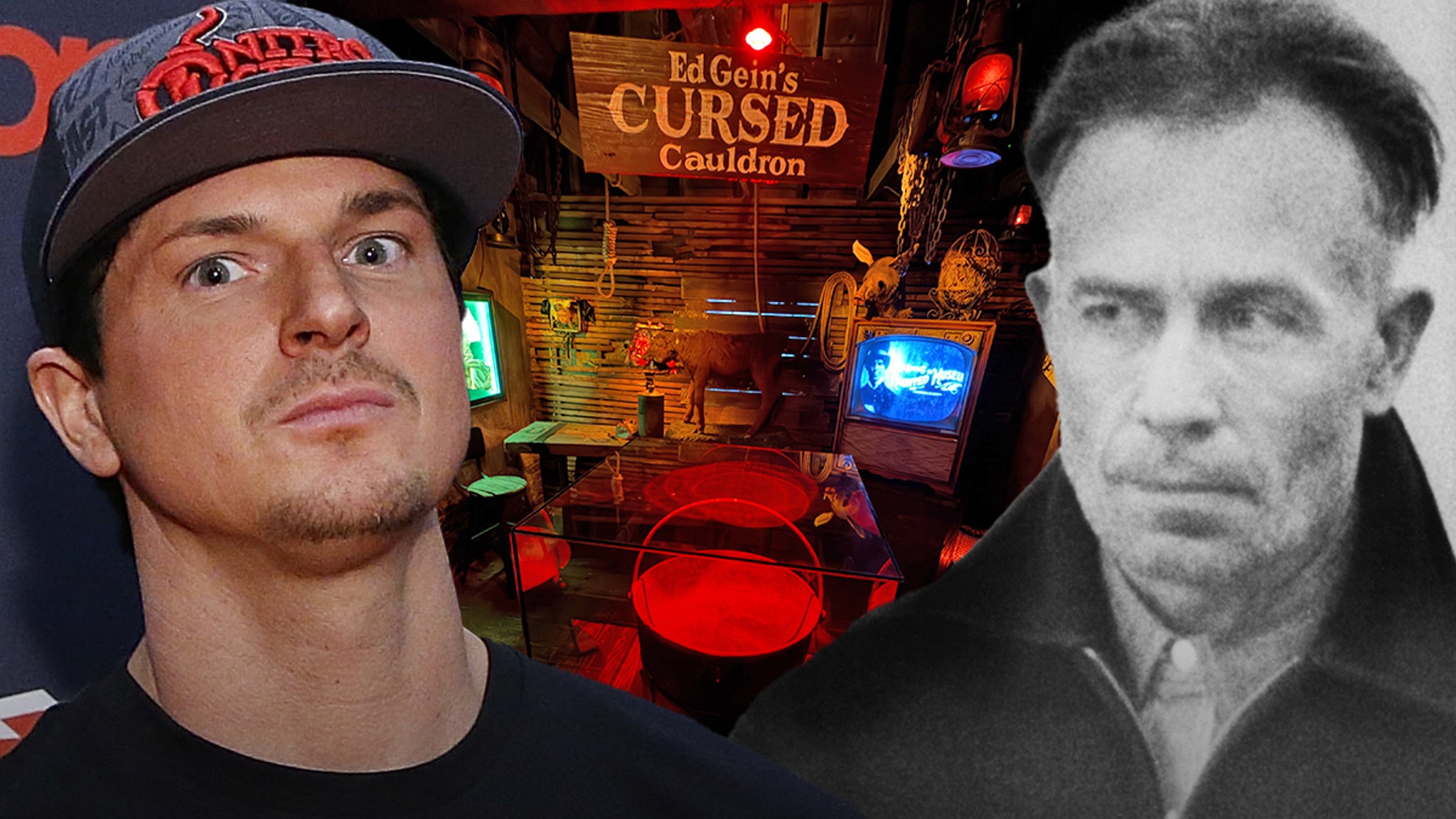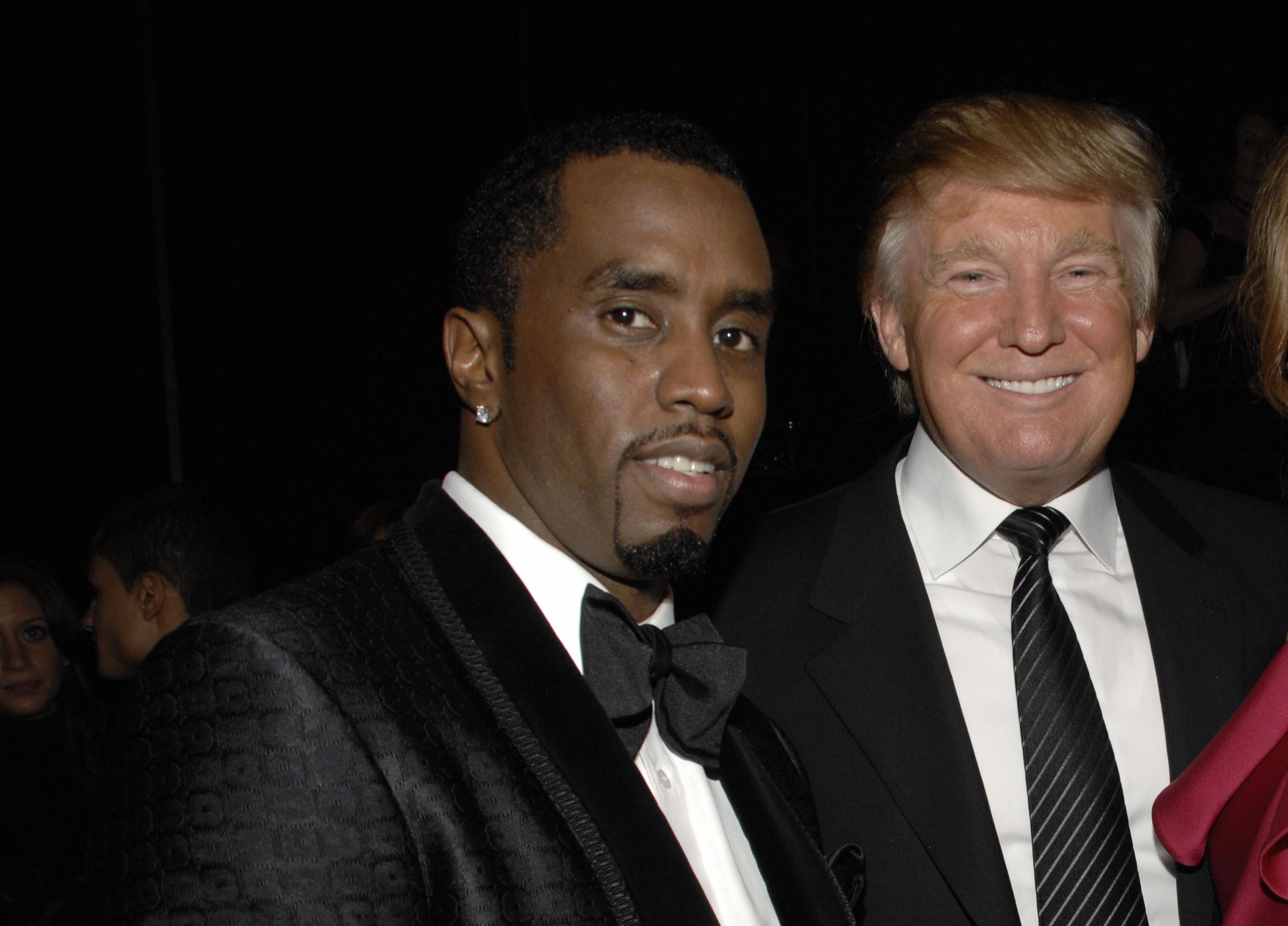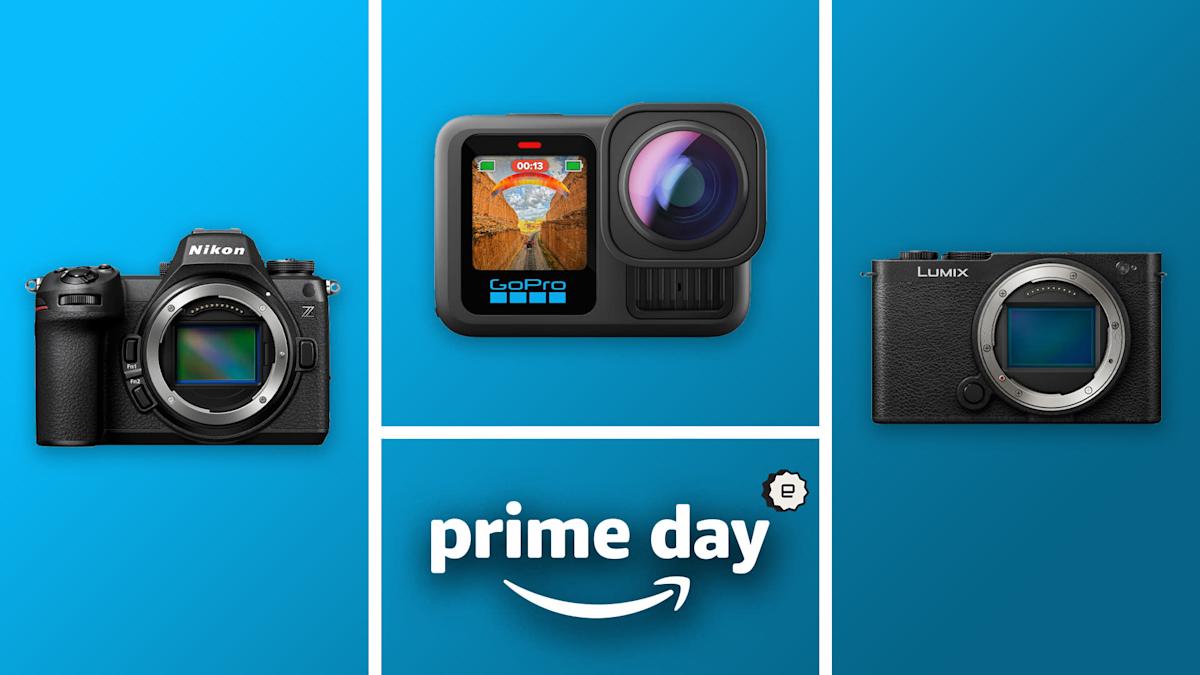
The downfall of Humane serves as a cautionary tale in the tech industry, highlighting the challenges of introducing innovative products without a solid foundation. Initially, the company generated excitement for its AI Pin, launched in late 2023, positioning it as a revolutionary alternative to smartphones. Backed by former Apple executives, the hype was palpable. However, the core issue remained: potential buyers struggled to understand what the AI Pin could actually deliver to justify its steep price tag of $700, complemented by a monthly subscription cost of $24.
The situation quickly deteriorated after the AI Pin’s release in April 2024, which was met with overwhelmingly negative reviews, marking it as one of the most poorly received consumer tech products. Just a month post-launch, reports emerged that Humane was seeking acquisition offers ranging from $750 million to $1 billion. However, the company only managed to sell roughly 10,000 units, far short of its ambitious goal of 100,000. HP came into the picture as a potential buyer, ultimately acquiring Humane for a modest $116 million.
The ambitious vision of creating a standout product didn’t translate into reality. Despite the buzz surrounding AI technology, the AI Pin faced significant hurdles in delivering a user-friendly experience. Reviewers criticized its exorbitant price, poor battery life, sluggish performance, and an unreliable projected display. Notably, Engadget and other tech publications did not hold back in their scathing critiques, highlighting the device’s numerous shortcomings.
With its primary interface relying on voice interaction, the AI Pin’s inability to effectively answer queries or execute commands rendered it impractical for daily use. Even when it attempted to fulfill requests, the device often resorted to sending generic text messages instead of allowing users to dictate personalized responses. Additionally, the camera function frequently malfunctioned, resulting in the device overheating after taking photos, sometimes leading to complete shutdowns. Furthermore, the projected display was nearly impossible to view outdoors, even under overcast conditions. The interaction experience was so frustrating that reviewer Cherlynn Low expressed a strong negative reaction.
Moreover, the extended battery case was recalled due to safety concerns, being classified as a fire hazard, which further damaged the brand’s reputation.
This entire situation illustrates a broader lesson about the current state of consumer-grade AI technology. While tech giants like Google and Apple are trying to incorporate AI functionalities into their products, they build on established platforms with proven track records. In contrast, Humane lacked any foundational support for its ambitious project, leading to a multitude of issues, including poor voice recognition and a subpar display that were not ready for market introduction.
There was simply no intelligence to be found here, artificial or otherwise.
While it is essential to acknowledge the challenges of hardware development, especially for first-generation products, the failures of Humane’s AI Pin are glaring. Major tech companies, like Apple, have also faced significant challenges with their initial products, such as the first iPhone, iPad, and Apple Watch, which, despite their potential, had notable flaws and performance issues that raised questions about their market readiness.
Some companies, however, have managed to navigate these obstacles successfully. A prime example is Pebble, a hardware startup that overcame early difficulties to achieve success in the smartwatch market. Pebble introduced its product ahead of industry giants like Apple, Samsung, and Google, and while its design may not have been the most sophisticated, its functionality laid the groundwork for the advanced smartwatches we see today. Unfortunately, the challenges eventually led Pebble to insolvency, resulting in its assets being acquired by Fitbit, which was subsequently bought by Google.
Humane’s launch predicament mirrors that of Pebble to some extent, as it aimed to create an entirely new category of hardware. History suggests that early entrants in a new market often face significant hurdles. However, had Humane managed to provide even a hint of effective software, it could have possibly fueled hopes for future improvements. Instead, the AI assistant it offered was so subpar that it obliterated any chance for the AI Pin’s success. The absence of any true intelligence—artificial or otherwise—left a lasting disappointment.
The lesson from the Humane debacle is clear: investing in unproven AI technology is premature at this stage. The market is still evolving, and placing trust in a fledgling company like Humane to deliver a successful product is a gamble. While offerings like Apple Intelligence may not be fully mature, they at least allow for user control, enabling customers to deactivate features they don’t want. In stark contrast, the AI Pin relied entirely on AI, and its performance was not just inadequate—it ranked among the most disappointing devices encountered in our nearly two-decade history. For those early adopters, the reality is harsh; their Pins may soon become nonfunctional with no compensation in sight. Yet, at least these devices can still communicate their battery status.












